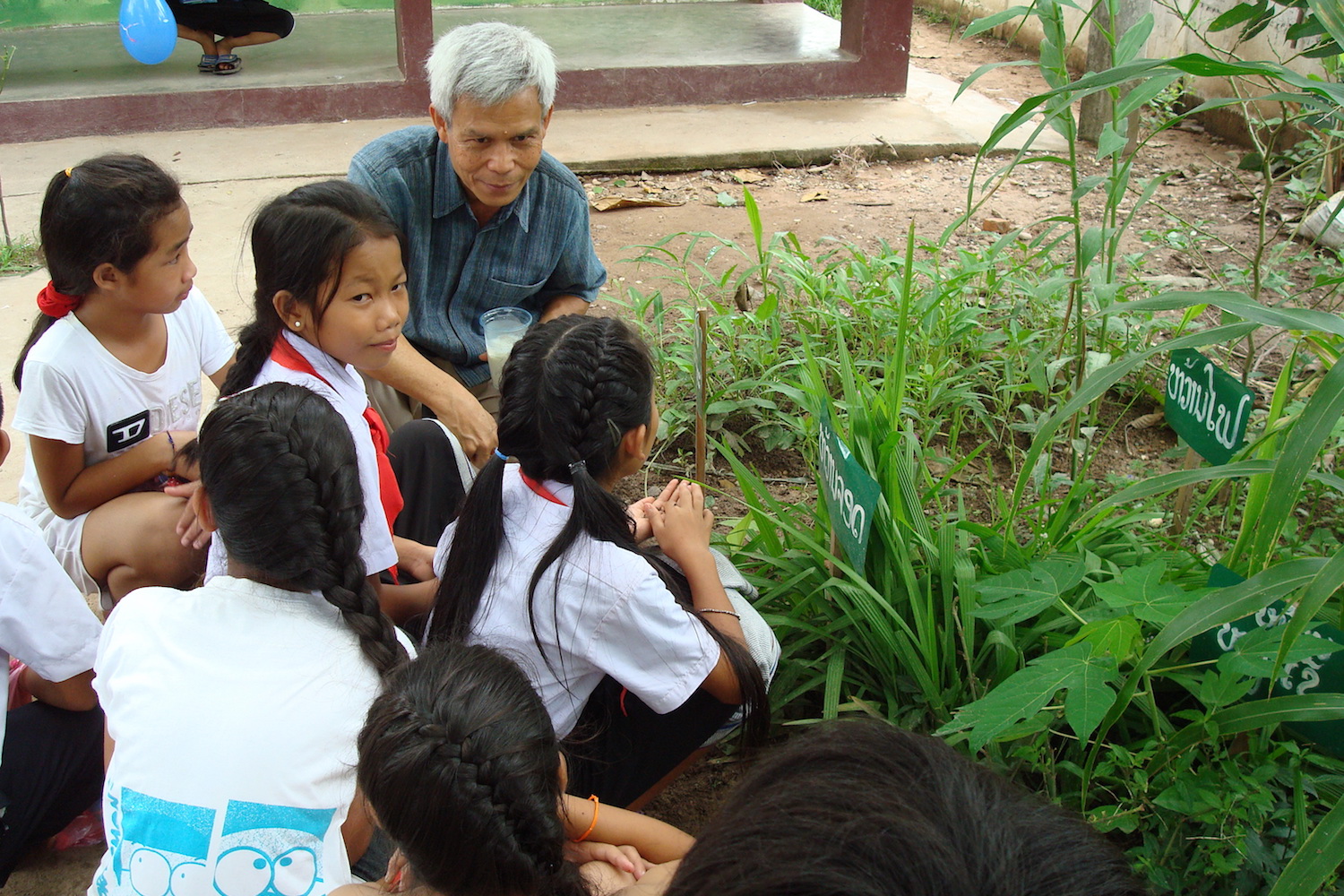TheNewsLens: 29 August 2016
 Human rights and democracy advocates are using next week’s Association of Southeast Asian Nations (ASEAN) summit in Vientiane, Laos, to draw attention to the country’s authoritarian regime.
Human rights and democracy advocates are using next week’s Association of Southeast Asian Nations (ASEAN) summit in Vientiane, Laos, to draw attention to the country’s authoritarian regime.
Charles Santiago is a Malaysian Member of Parliament and Chairperson of ASEAN Parliamentarians for Human Rights (APHR).
In an op-ed published in the Bangkok Post, Santiago slams Laos’ communist government for being a “regional leader” in repression.
“Civil society groups are almost exclusively government-aligned, and no domestic organisations focus on human rights, an issue deemed too sensitive to discuss openly,” he says. “Local actors are wary of interactions with international counterparts and practise extreme self-censorship. Many say they are under surveillance by state agencies.”
Santiago says ethnic and religious minorities face an environment of state-sponsored persecution, and he notes dangers faced by activists.
“This environment has only deteriorated since the disappearance of prominent civil society member Sombath Somphone, who was last seen getting into a police vehicle in December 2012,” he says. “This event sent a chilling message to other civil society actors to shut up or suffer the same fate.”
Amid this unsafe climate, he says, organizers of this year’s ASEAN Peoples’ Forum opted to hold the event outside of Laos. Across the region, Santiago points to “a wider trend away democratic governance, due process, and respect for human rights.”
He notes: the military-led government in Thailand; a spate of state-sanctioned extrajudicial killings in the Philippines; persecution of opposition politicians in Cambodia; and, Singapore’s “draconian” new contempt of court law.
“On a fundamental level, ASEAN, like the governments that make it up, is devoted to the protection of elite interests at the expense of rising inequality and poverty rates among the majority of the population.”

